Photo credits: University of Jennifer Cropp/University of Missouri Missouri Press
Lester Aglar Walton (pictured) was an American journalist, entertainment executive, and diplomat who advocated for civil rights both at home and abroad.
He was born on April 20, 1882, in St. Louis, Missouri, and spent his early years as a journalist. He became the first black reporter to write for a white daily newspaper in St. Louis when he was hired by the St. Louis Star as a golf writer and later as a court reporter at the age of 20 in 1902.
Walton relocated to New York City, New York, in 1906, and in 1908 he was hired as the theatrical editor of the New York Age, the country’s biggest black newspaper at the time. Until 1914, he remained at the Age. In 1912, he married Gladys Moore, the daughter of the newspaper’s publisher, Fred Moore. They had two daughters together.
He also worked as a reporter for the New York World from 1922 to 1931. Walton wrote for the St. Louis Globe-Democrat, the city’s largest newspaper. He then worked for the New York Herald Tribune for a short time before leaving in 1933 because the paper refused to give him a byline. After that, Walton went back to the New York Age. During his time at these publications, Walton spearheaded a campaign to have the word “Negro” spelled with a capital “N,” which was eventually endorsed by the New York Times and the Associated Press.
Walton worked in the entertainment industry for the majority of his adult life. He was the manager of the Lafayette Theater in New York City from 1917 to 1919. In the 1950s, he became chair of the Coordinating Council of Negro Performers, lobbying corporate and broadcast leaders to include more black actors in theatrical and broadcast performances. Walton founded Walton Publishing Company, which published instrumental music, and was a songwriter, director, and founder.
Walton’s interest in foreign events grew as a result of his journalistic pursuits. In 1919, he went to the Versailles Peace Conference outside of Paris, France, as a journalist, and in 1933, he visited Liberia to write pieces for The Age and the Herald Tribune. President Franklin D. Roosevelt appointed Walton as Envoy and Minister to Liberia in July 1935, based on his foreign duties and work with the National Democratic Committee at a time when most black Americans were Republicans. He was stationed in Monrovia, Liberia’s capital, until 1946.
Walton pushed the growth of American economic interests in the rubber sector during World War II, partly to counter the Japanese dominance of other rubber-producing countries. During the war, he also assisted in the establishment of a US military base in Liberia and led the effort to provide American assistance in the construction of Liberia’s first modern port facility, the Free Port of Monrovia, as well as the expansion of the country’s international airport. He also assisted in the negotiations of trade, navigation, and aviation agreements. During his time in the country, Walton was a prominent opponent of corruption and human rights concerns in Liberia.
Walton continued to assist the Liberian diplomatic representation in the United States after returning to New York City. He also served on the Human Rights Commission of New York City, which focused on civil rights, civil liberties, and fair housing.
Three honorary degrees were bestowed to Lester Walton. In 1927, he received an M.A. from Lincoln University in Pennsylvania. Wilberforce University in Ohio awarded him an honorary L.L.D. in 1945. For his contributions to Liberia, he was awarded an honorary L.L.D. by the University of Liberia in 1958.
Lester Aglar Walton, a member of the Alpha Phi Alpha Fraternity, died on October 16, 1965, in New York City. He was 83 years old when he died.
Reference: McLellan, C. (2015, February 23). Lester Aglar Walton (1882-1965). BlackPast.org. https://www.blackpast.org/african-american-history/walton-lester-aglar-1882-1965/








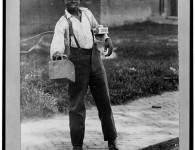
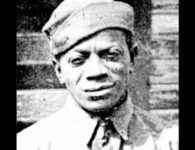
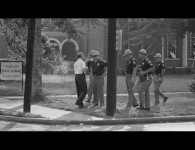




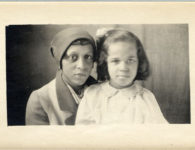
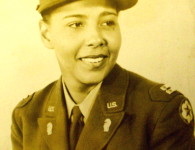
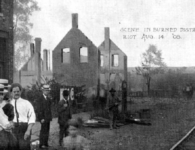


No comments